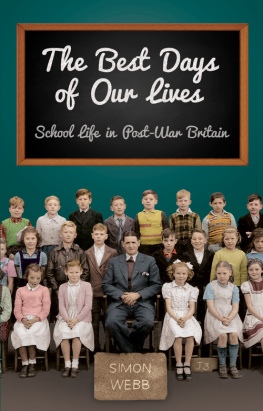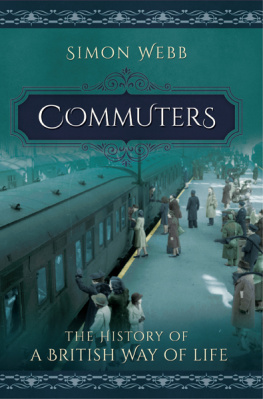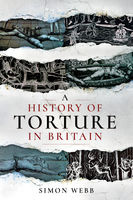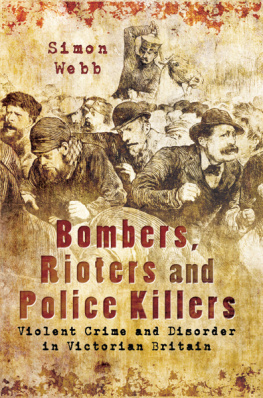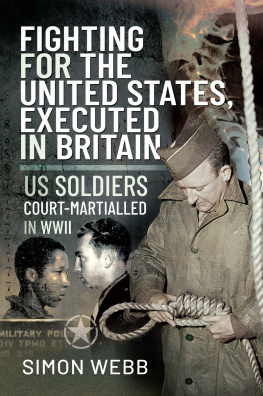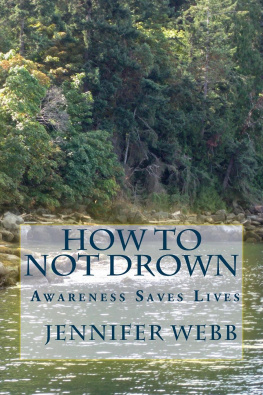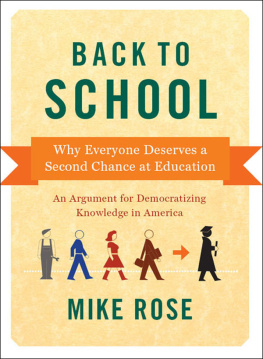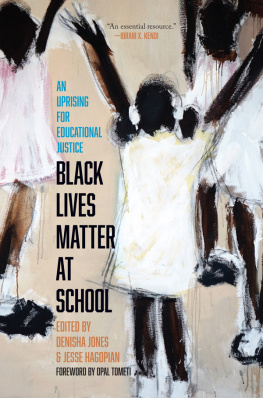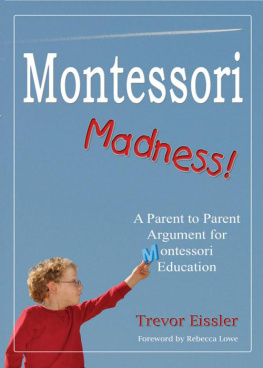

Many thanks go to those who contributed their memories of school life during the 1940s and 1950s: Keith J. Ballard, Peter A. Barker, Ellen T. Cade, Dorothy Dobson, Lilian O. Drake, Sheila Fawcett, Ronald G. Feeney, John B. Fleming, Lorna Gavin, James R. Harker, Brenda Jacobs, Catherine E. Kingsley, Margaret L. Jones, Caroline T. Maxted, Patrick J. McGuire, Glynn Mitchell, Mary Olive, Gregory Parker, Joyce L. Pettitt, Paul M. Richardson, Philip F.A. Robertson, James H. Schneider, Harry R. Smith, Conrad Summerfield, David P. Taylor, Janet L. Thompson, Victor C. Webb and Josephine A. Wilson. Without their help, it would not have been possible to write this book.
Contents
This is an account of childrens experiences of school life in Britain during the fifteen years following the Second World War. During that time, education in this country was dominated by the 11-plus examination which divided children at state schools into those who went to grammar schools at the age of eleven and the great majority who did not. The experience of the 11-plus marked every child during this period, except for those at independent schools.
At least three quarters of children at school during the post-war years failed the 11-plus and ended up attending secondary modern schools. However, the very word failed is an inappropriate one to use in this context. When the 11-plus was first devised nobody was thinking of it in terms of an examination which could be passed or failed. Its aim was to simply allocate children to the type of secondary school best suited to their needs and abilities. Despite the huge impact which it had at the time, it should be borne in mind that the 11-plus was only around for twenty years or so; starting at the end of the Second World War and coming to an end in most of the country in the mid-1960s.
The history of this 75 per cent or more of children who were neither privately educated nor attended grammar schools has often been neglected and sometimes entirely overlooked. Fictional accounts of childhood during this time, from the Famous Five stories of Enid Blyton and C.S. Lewiss Chronicles of Narnia to the St Trinians films, show a world where independent, fee-paying schools are the norm. Real life reminiscences of school in the 1940s and 50s seem to focus upon the lives of children at grammar and private schools, rather than exploring life at ordinary primary schools and secondary moderns. Through the first-hand testimonies of those who were at school from 1945 to 1960, this book looks at how life was at secondary moderns, as well as grammar schools.
Before the Second World War the overwhelming majority of children left school at fourteen with no qualifications at all. Surprisingly, this situation continued up to 1960, at which time around 80 per cent of secondary school pupils were still leaving school without sitting any examinations and consequently leaving with no qualifications. This meant that most children leaving school could not even think of being able to attend university.
The 11-plus was so important to school children in the post-war years that this book looks in some detail at the real reasons why so many of them ended up in secondary modern schools, leaving school at fifteen with nothing much to show for their years of education. Many older people still feel bitter about their apparent failure, but, as we shall see, there was good deal more to success or failure in the 11-plus than met the eye.
At the end of this book is a list of further reading for those interested in finding out more about school life in the post-war years.
Simon Webb, 2013
Any account of British schools in the years following the Second World War must begin with the 1944 Education Act, commonly called the Butler Act, which began the selective education system which existed in this country until the mid-1960s. The Butler Act (named after a Conservative politician of the time, Robert Austen Butler known affectionately as Rab) sought to sweep away the elementary schools attended by 90 per cent of schoolchildren and replace them with a system which guaranteed free secondary education to everybody up to the age of fifteen.
As the Second World War drew to a close, it was becoming clear to most people in Britain that life in their country would be very different after the war from the way it was before. A young, working-class man summed it up like this:
Theres a story about Lord Curzon during the First World War. Apparently, he was watching a bunch of Tommies stripped to the waist and washing in a stream. Hes supposed to have said, I never knew that the lower classes had such white skins. You can just about believe that an aristocrat in the 1914-1918 war was like that; its impossible to imagine it in 1940. I remember being a fire watcher during the Blitz, on the roof of a building in the city, passing information to the ARP. We worked in pairs and I was teamed up sometimes with this Right Honourable. If it wasnt for the war we would never have even met, but as we got talking during the night watch and both found that we werent so very different from each other. Both dead keen on girls, drinking and the horses. It was obvious that though we spoke differently, we had a lot in common. It seemed to me as the war ended that Britain wasnt going to be divided up into officers and other ranks so much in the future. After all, people were calling it a war for democracy. (Victor C. Webb)
The Second World War was a great leveller in a way that the First World War had not been. For one thing, there was the shared terror of the German air raids, which threatened everybody alike, regardless of class or social background. Professional men, like solicitors and accountants, huddled in air-raid shelters at night alongside lorry drivers and Dockers. At the same time, the hundreds of thousands of city children evacuated to the countryside helped bring a greater understanding between the rural and urban communities of Britain. The war in general and the Blitz in particular drew everybody together and showed them what they had in common, as opposed to how they differed from each other.
British society, before the outbreak of war in 1939, had been divided by class and that division began with and was to a large extent defined by education and schooling.
Before I started school, I was looked after by a nanny, who was an extremely snobby woman. I was taken to the park, but Nanny kept a sharp eye on me and called me over at once if it looked as though the wrong sort of children were arriving at the sandpit. When I started school, this separation from others became even more pronounced. I was at a prep school in West London, and there simply wasnt any opportunity to meet boys outside my school and home circle. (James R. Harker)
In the 1940s, by the age of twelve, most childrens paths in life were practically pre-ordained. If you knew what sort of school a child attended at that age, you would have a pretty good idea what sort of life they were going to have and what sort of job they would be doing as an adult. By the age of fifteen, these probabilities had become certainties; the childs future was essentially set in stone. To see why this should have been, it will be necessary to examine the sort of educational system which was operating in this country during the final years of the Second World War.
Today, we are so used to children from all kinds of backgrounds sitting examinations and leaving school with various qualifications that it comes as something of a shock to learn that until 1945, 90 per cent of children in Britain left school at the age of fourteen with no qualifications of any kind. To gain the School Certificate, the equivalent of present-day GCSEs, it was necessary to stay at school until the age of sixteen. Since the great majority of children attended elementary schools, which catered only for teenagers up to the age of fourteen, gaining the School Certificate simply wasnt possible for most pupils.
Next page
